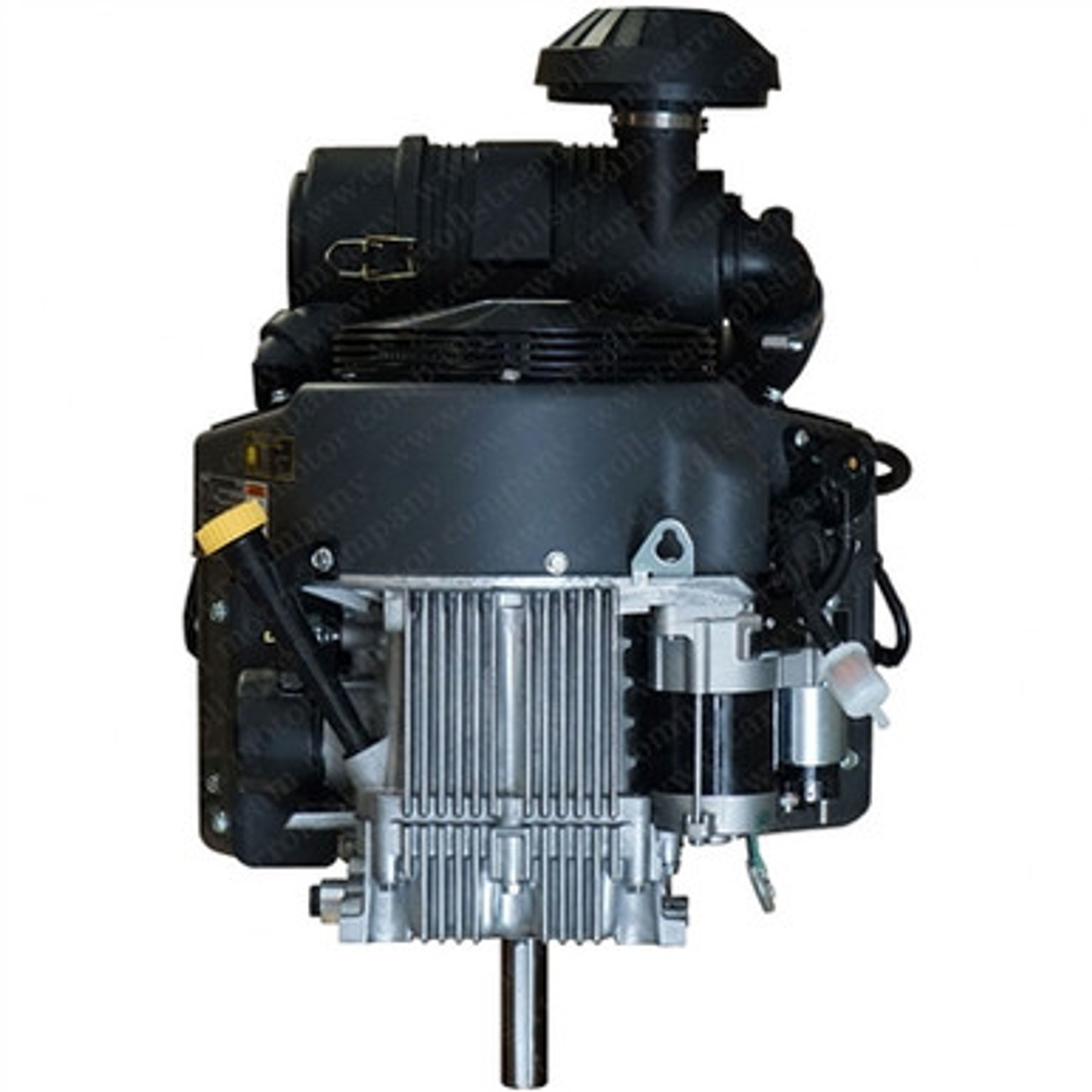Vertical Shaft Engines in Machinery: A Deep Dive into Lawn Care, Agriculture, and Construction Applications
22nd Mar 2024
Vertical shaft engines are pivotal in powering a plethora of machinery across various industries. However, they find particular utility in lawn care, agriculture, and construction, thanks to their design and efficiency. In these sectors, the vertical shaft engine's compactness and capability to directly transmit power vertically make it an ideal choice for several types of equipment. Here's a closer look at how these engines are utilized:
Lawn Care Industry
In the realm of lawn care, vertical shaft engines are synonymous with reliability and performance. Here are two key applications:
- Zero Turn Mowers: The agility and speed of zero-turn mowers are largely attributed to the vertical shaft engines they use. These mowers can pivot 180 degrees without leaving a circle of uncut grass, making them perfect for landscaping that requires precision. Their engines provide the necessary torque and power in a compact form, allowing these mowers to maneuver around obstacles with ease.
- Lawn Mowers: Traditional lawn mowers, especially walk-behind models, also rely on vertical shaft engines. The vertical orientation allows for direct power transfer to the cutting blades. This results in efficient grass cutting with less power loss, ensuring a clean and uniform cut across the lawn. Additionally, the compact size of vertical shaft engines contributes to the overall lightweight and user-friendly design of most lawn mowers, facilitating ease of use and storage.

Agriculture Industry
While less prevalent in the agriculture industry than in lawn care, vertical shaft engines find their niche in applications where compactness and vertical power transmission are advantageous. Equipment such as small rototillers and lightweight utility machines utilized for garden and small plot maintenance often employ vertical shaft engines. Their ability to efficiently operate in tight spaces makes them invaluable for precise agricultural tasks.
Construction Industry
The construction industry, known for its heavy-duty machinery, does not commonly employ vertical shaft engines in its mainline equipment. However, there are specific niches within the industry where the unique characteristics of vertical shaft engines are beneficial. For example, portable generators and some types of small concrete mixers use vertical shaft engines for their compact design and efficient power delivery in situations where space is at a premium and mobility is key.
Conclusion
Vertical shaft engines play a crucial role in powering equipment across lawn care, agriculture, and selected construction applications. Their design and operational efficiency make them suitable for machinery that benefits from compactness and direct vertical power transfer. From zero-turn mowers that redefine landscaping precision to light garden tillers in agriculture and portable generators in construction, vertical shaft engines continue to drive innovation and productivity in these industries.

